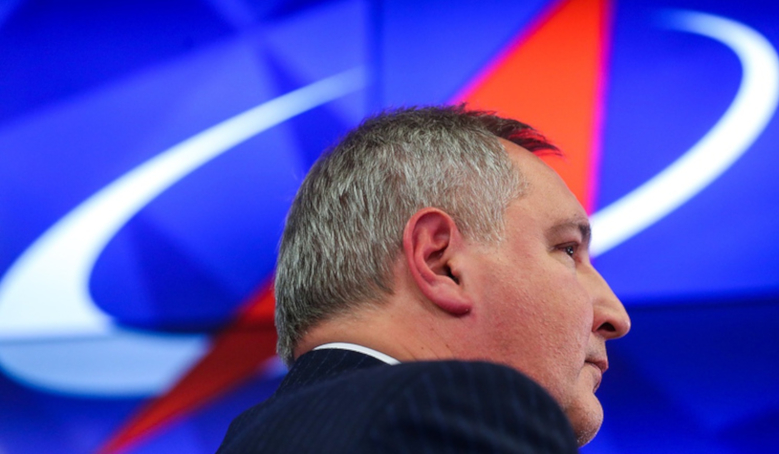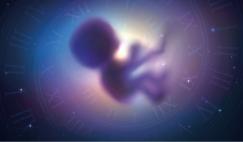A price war over flights to space has broken out between the Russian Space Agency and SpaceX, after Roscosmos chief Dmitry Rogozin accused Elon Musk of unfair pricing for space launches.
"Instead of honest competition on the market for space launches, they are lobbying for sanctions against us and use price dumping with impunity," Roscosmos chief Dmitry Rogozin wrote on Twitter about SpaceX.
The market price of a SpaceX launch is $60 million, but NASA pays up to four times that amount, Rogozin said after raising the issue during a meeting with President Vladimir Putin last week, according to the Russian Information Agency news website.
To counter Musk’s pricing strategy, Russia will slash the price of its space launch services by 30 percent, said Rogozin. A move that means reducing non-manufacturing costs and increasing the operational efficiency of our factories.
"Our pricing policy is our response to the dumping policy of US companies that are funded from the budget," Rogozin said.
Musk followed up the response by saying on Twitter: "SpaceX rockets are 80% reusable, theirs are 0%. This is the actual problem."
This has been echoed by others within the space industry, however Rogozin has reportedly said that SpaceX's low pricing is only possible due to top-ups in funding from the NASA and the Pentagon.
After NASA retired its space shuttles in 2011 to make way for a new space exploration program, the US space agency has relied on Russia to transport its astronauts to the International Space Station; seats that reportedly cost $70 million each.
That is set to change when SpaceX’s Crew Dragon takes to the skies with its first crewed flight, known as Demo 2, which is planned for launch in May 2020.
The company’s first non-piloted test flight occurred in March 2019, and pending a successful Demo-2 test, astronauts Michael Hopkins, Victor Glover Jr, Shannon Walker and Soichi Noguchi will head to the ISS on board a Falcon 9 rocket from Launch Pad 39A at NASA’s Kennedy Space Center in Florida later this year.











